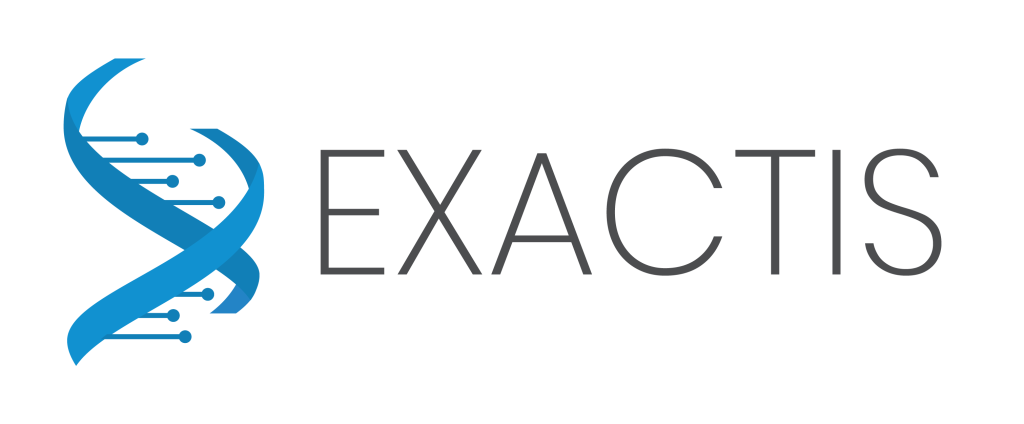PUBLICATIONS

A Phase II Exploratory Study to Identify Biomarkers Predictive of Clinical Response to Regorafenib in Patients with Metastatic Colorectal Cancer Who Have Failed First-Line Therapy
Single-agent regorafenib is approved in Canada for metastatic colorectal cancer (mCRC) patients who have failed previous lines of therapy. Identifying prognostic biomarkers is key to optimizing therapeutic strategies for these patients. In this clinical study (NCT01949194), we evaluated the safety and efficacy of single-agent regorafenib as a second-line therapy for mCRC patients who received it after failing first-line therapy with an oxaliplatin or irinotecan regimen with or without bevacizumab.

Third-line treatment patterns in HER2-positive metastatic breast cancer: a retrospective analysis of real-world data in Canada
There is an increasing demand for real-world data pertaining to the usage of cancer treatments, especially in settings where no standard treatment is specifically recommended. This study presents the first real-world analysis of third-line treatment patterns in HER2-positive metastatic breast cancer (mBC) patients in Canada. The purpose was to assess evolution of clinical practice and identify unmet needs in post-second-line therapy. Retrospective data from medical records of 66 patients who received third-line treatment before 31st October 2018, and data from 56 patients who received third-line treatment after this date, extracted from the Personalize My Treatment (PMT) cancer patient registry, were analyzed.

Circulating tumor DNA after neoadjuvant chemotherapy is a better prognostic test than Residual Cancer Burden inpatients with triple negative breast cancer and residual tumor
Circulating tumor DNA (ctDNA), a plasma-based biomarker, reveals real-time data about disease/treatment progression. We have previously shown that ctDNA detection after NAC and prior to surgery signals poor prognosis in TNBC patients using an academic hospital-based tumor bespoke assay. To validate and extend these results, we performed ctDNA measurements at 4 time points in non-pCR TNBC patients participating in our TRICIA study (NCT04874064).

The Prognostic Value of Circulating Tumor DNA in Triple Negative Breast Cancer Patients with Incomplete Response to Neoadjuvant Chemotherapy
The most aggressive form of breast cancer is triple negative breast cancer (TNBC), so called because these tumors do not express estrogen, progesterone, or HER2 receptors. About half of TNBCs treated with neoadjuvant chemotherapy (NAC) will have a residual tumor at surgery (non-pathological complete response or non-pCR), signaling chemoresistance and poor prognosis. Further adjuvant chemotherapy (Xeloda) results in improved survival in about 15% of non-pCR patients. Circulating tumor DNA (ctDNA), a plasma-based biomarker, reveals real-time data about disease/treatment progression.
